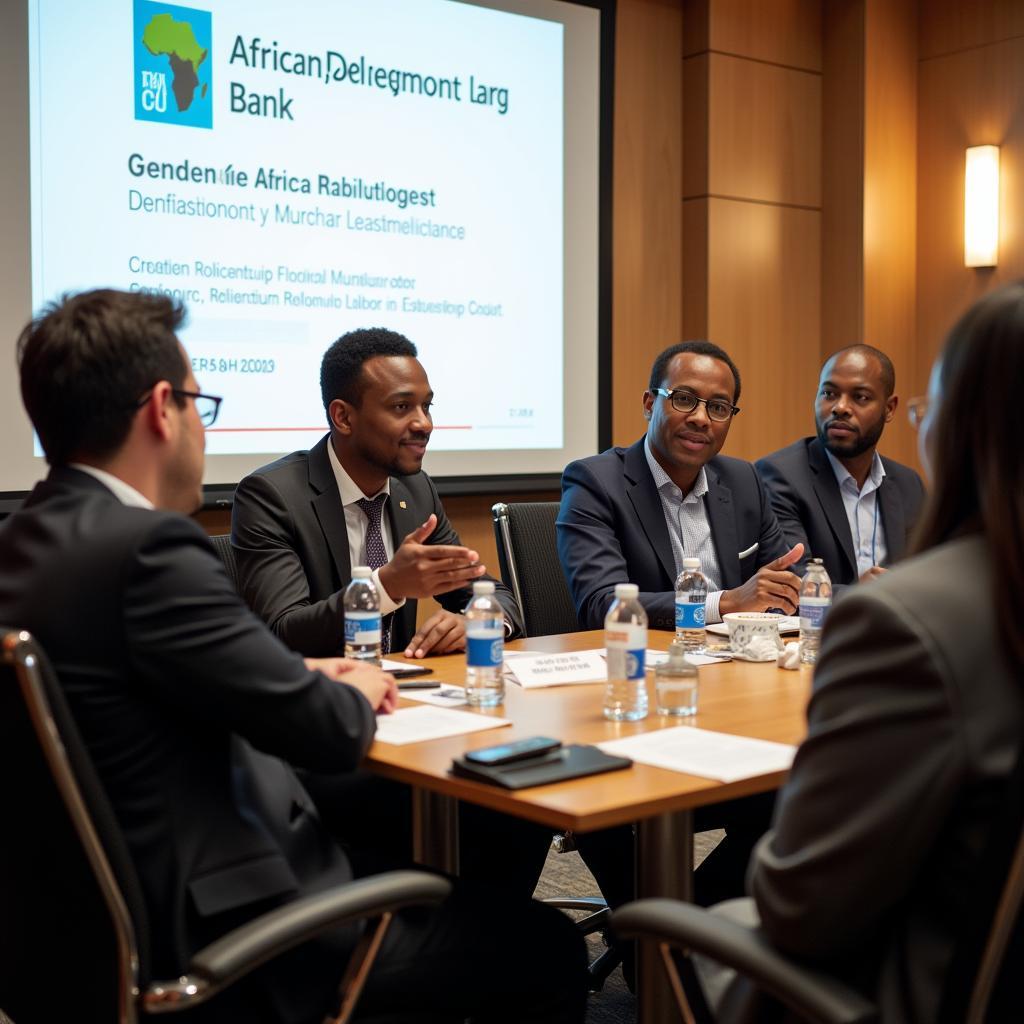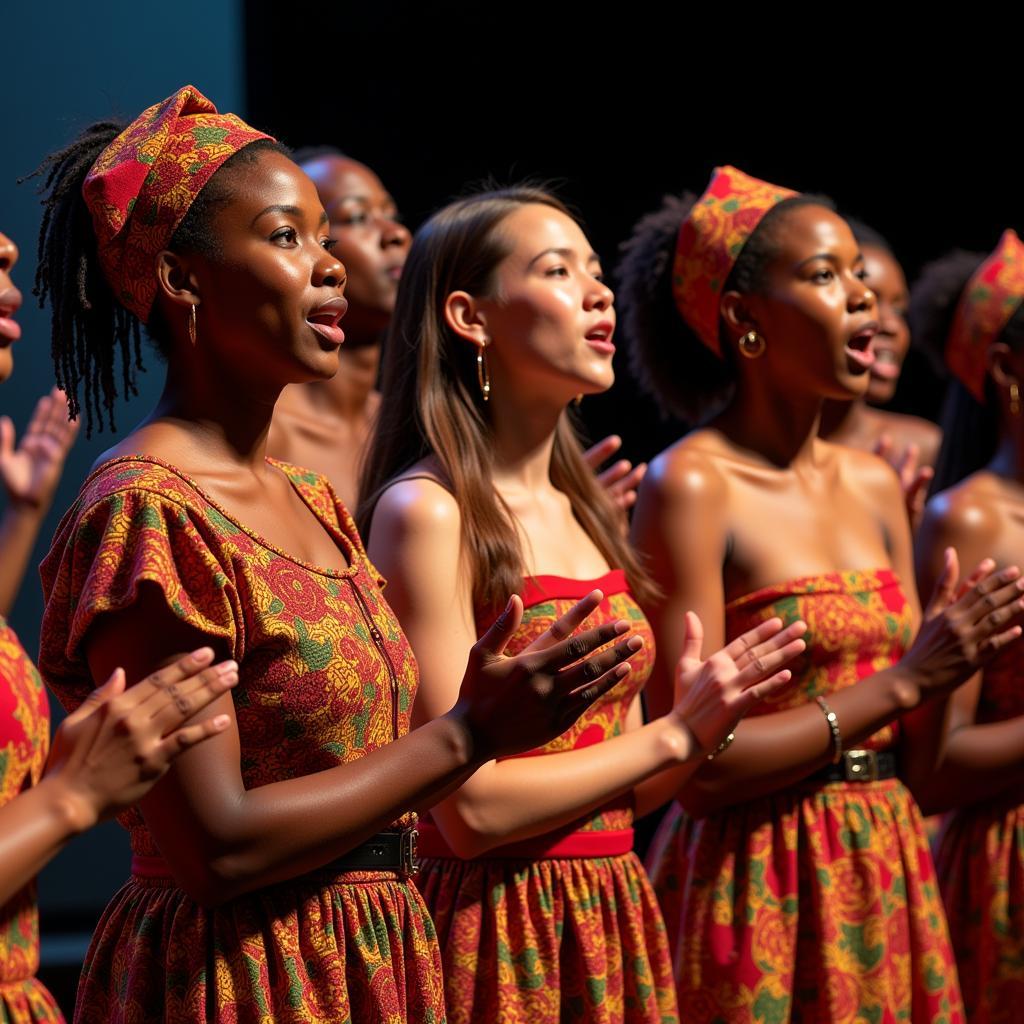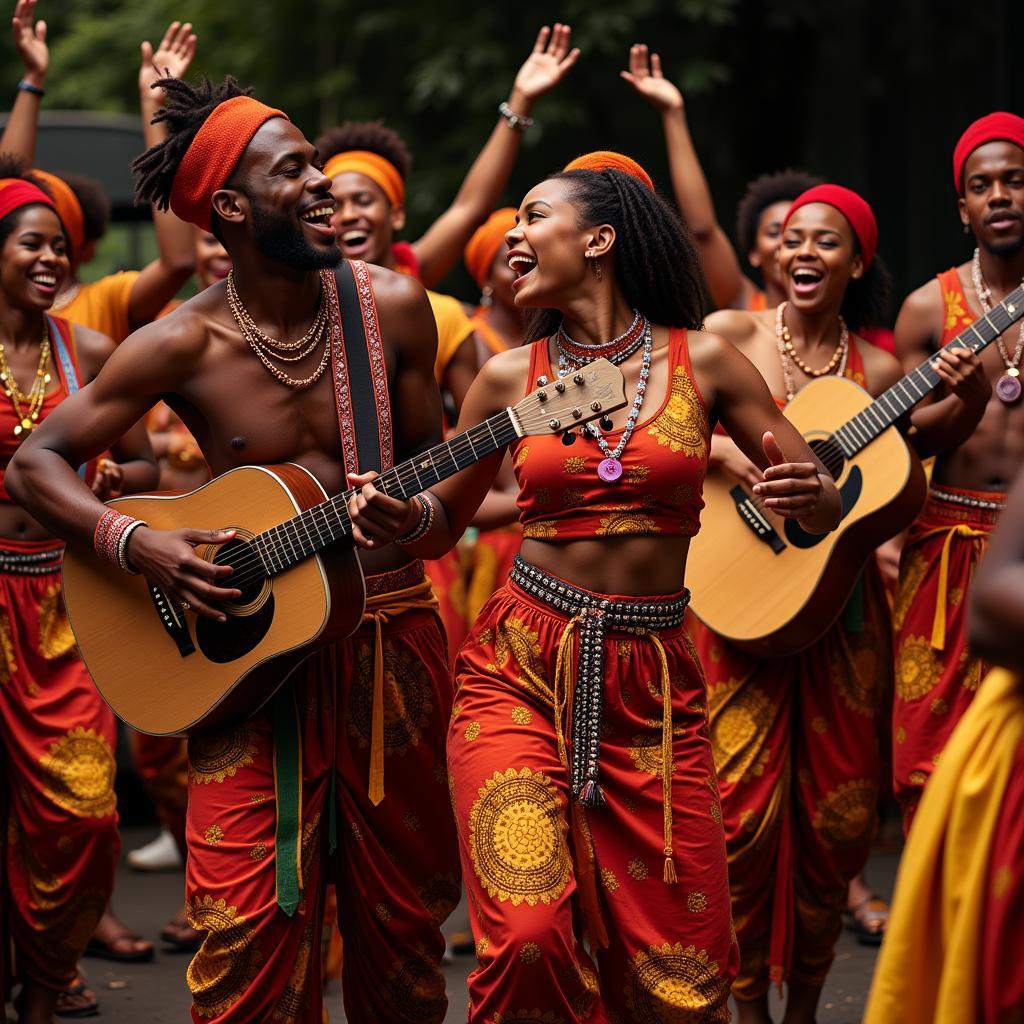African Countries and Capitals Wiki: Exploring a Continent of Diversity
Africa, a continent brimming with vibrant cultures, breathtaking landscapes, and a rich tapestry of history, often piques the curiosity of global citizens. One common point of interest revolves around understanding the diverse nations that make up this magnificent landmass: their names, their locations, and most importantly, their centers of power. This exploration delves into the heart of Africa, presenting a comprehensive guide to African countries and capitals, offering a glimpse into their unique identities and global significance.
Navigating the Map: A Journey Through Regions
Africa is not a monolithic entity but a mosaic of 54 recognized sovereign nations, each boasting its own unique blend of cultural heritage, linguistic diversity, and geographical wonders. To better understand this vast continent, it’s often helpful to divide it into regions, each with shared characteristics and historical connections.
North Africa: Where Ancient History Meets Modernity
Dominated by the vast Sahara Desert and the fertile Nile Valley, North Africa stands as a testament to the enduring legacy of ancient civilizations. This region, home to the majestic pyramids of Egypt and the bustling souks of Morocco, offers a captivating blend of ancient history, Islamic culture, and Mediterranean influences.
Key countries and capitals in North Africa:
- Algeria – Algiers
- Egypt – Cairo
- Libya – Tripoli
- Morocco – Rabat
- Tunisia – Tunis
West Africa: A Tapestry of Cultures and Languages
From the bustling markets of Nigeria to the serene beaches of Senegal, West Africa pulses with a vibrant energy all its own. This region boasts incredible linguistic diversity, with over 1,000 languages spoken, and a rich cultural heritage reflected in its music, art, and cuisine.
Key countries and capitals in West Africa:
- Benin – Porto-Novo
- Burkina Faso – Ouagadougou
- Cabo Verde – Praia
- Côte d’Ivoire – Yamoussoukro
- The Gambia – Banjul
- Ghana – Accra
- Guinea – Conakry
- Guinea-Bissau – Bissau
- Liberia – Monrovia
- Mali – Bamako
- Mauritania – Nouakchott
- Niger – Niamey
- Nigeria – Abuja
- Senegal – Dakar
- Sierra Leone – Freetown
- Togo – Lomé
Central Africa: The Heart of the Congo Basin
Dense rainforests, mighty rivers, and incredible biodiversity characterize Central Africa, a region often referred to as the “Heart of Africa.” Home to the Congo Basin, the second-largest rainforest in the world, this region faces challenges of conservation and development while holding immense potential for ecotourism and sustainable growth.
Key countries and capitals in Central Africa:
- Angola – Luanda
- Cameroon – Yaoundé
- Central African Republic – Bangui
- Chad – N’Djamena
- Democratic Republic of the Congo – Kinshasa
- Equatorial Guinea – Malabo
- Gabon – Libreville
- Republic of the Congo – Brazzaville
- São Tomé and Príncipe – São Tomé
East Africa: The Cradle of Humanity
Home to the Great Rift Valley and the Serengeti plains, East Africa stands as a testament to the awe-inspiring power of nature. This region, often referred to as the “Cradle of Humanity” due to significant archaeological discoveries, offers a unique blend of natural wonders, diverse cultures, and thriving economies.
Key countries and capitals in East Africa:
- Burundi – Gitega
- Comoros – Moroni
- Djibouti – Djibouti City
- Eritrea – Asmara
- Ethiopia – Addis Ababa
- Kenya – Nairobi
- Madagascar – Antananarivo
- Malawi – Lilongwe
- Mauritius – Port Louis
- Mozambique – Maputo
- Rwanda – Kigali
- Seychelles – Victoria
- Somalia – Mogadishu
- South Sudan – Juba
- Tanzania – Dodoma
- Uganda – Kampala
Southern Africa: A Region of Contrasts
From the bustling cities of South Africa to the arid deserts of Namibia, Southern Africa presents a region of stark contrasts and captivating beauty. This region, known for its diverse wildlife, stunning landscapes, and complex history, continues to attract visitors from all corners of the globe.
Key countries and capitals in Southern Africa:
- Botswana – Gaborone
- Eswatini – Mbabane
- Lesotho – Maseru
- Namibia – Windhoek
- South Africa – Pretoria, Cape Town, Bloemfontein
- Zambia – Lusaka
- Zimbabwe – Harare
Unveiling the Capitals: Centers of Power and Culture
More than just administrative centers, the capitals of African countries serve as vibrant hubs of culture, commerce, and political influence. Each capital city boasts its own unique character, reflecting the history, traditions, and aspirations of its people. For instance, Addis Ababa, the bustling capital of Ethiopia, pulsates with a unique energy, a blend of ancient history and modern aspirations, while Dakar, the coastal capital of Senegal, offers a captivating mix of French colonial architecture, bustling markets, and a thriving arts scene.
Understanding the geographical distribution of these capitals provides a valuable framework for comprehending the historical, political, and economic dynamics that shape the continent. For those seeking to delve deeper, resources like an “African countries and their capitals Wikipedia” page can provide a wealth of information, offering detailed insights into each nation’s story.
Africa: A Continent Ripe for Discovery
This exploration has merely scratched the surface of the rich tapestry that is Africa. From the ancient pyramids of Egypt to the vibrant markets of Marrakech, from the sweeping savannas of Kenya to the bustling streets of Lagos, Africa offers a sensory feast for the curious traveler. For those seeking to delve deeper, a wealth of resources exists online and offline. To further your exploration, you might find articles focusing on specific regions, such as “Central African Republic President” or “West African Republic Crossword Clue,” insightful and engaging. Ultimately, the best way to truly experience the magic of Africa is to embark on a journey of discovery, to immerse oneself in the diverse cultures, breathtaking landscapes, and warm hospitality that define this extraordinary continent.
FAQs about African Countries and Capitals
1. Which African country has three capitals?
South Africa stands out with its unique administrative structure, boasting three capitals: Pretoria (executive), Cape Town (legislative), and Bloemfontein (judicial).
2. What is the smallest country in Africa?
The Seychelles, an archipelago nation in the Indian Ocean, holds the title of the smallest country in Africa by land area.
3. Which African country was never colonized?
Ethiopia stands as a testament to African resilience, having successfully resisted European colonization, with the exception of a brief Italian occupation.
4. What is the largest city in Africa by population?
Lagos, the bustling economic hub of Nigeria, claims the title of the largest city in Africa, with a population exceeding 15 million.
5. Which African country is known as the “Land of a Thousand Hills”?
Rwanda, with its verdant, mountainous landscape, is affectionately known as the “Land of a Thousand Hills.”
6. What is the official language of most African countries?
Due to their colonial history, many African countries have adopted European languages as official languages. English, French, Portuguese, and Arabic are among the most common.
7. Which African country is famous for its pyramids?
Egypt, home to the iconic Giza pyramid complex, is renowned worldwide for its ancient pyramids, enduring symbols of a glorious past.
Exploring Further
For those eager to delve deeper into the captivating world of African countries and capitals, here are some avenues for continued exploration:
-
Online Resources: Websites like african countries and their capitals wikipedia offer comprehensive information and insights into each country’s history, culture, and political landscape.
-
Travel Blogs and Guides: Immerse yourself in firsthand accounts and travel tips from those who have experienced the magic of Africa. Search for blogs or articles focusing on specific countries or regions of interest.
-
Books and Literature: Explore the rich literary heritage of Africa through novels, memoirs, and historical accounts that offer unique perspectives on the continent’s diverse cultures and experiences.
Conclusion
This journey through the African countries and capitals has provided a glimpse into the diverse tapestry that makes up this extraordinary continent. By understanding the unique identities, geographical locations, and historical contexts of each nation, we gain a deeper appreciation for the richness and complexity of Africa. As we continue to explore, learn, and engage with the continent and its people, we embark on a journey of discovery that enriches our understanding of the world and its interconnectedness.
For assistance with planning your African adventure, contact us at:
- Phone Number: +255768904061
- Email: kaka.mag@gmail.com
- Address: Mbarali DC Mawindi, Kangaga, Tanzania.
Our dedicated team is available 24/7 to assist with your travel needs.


